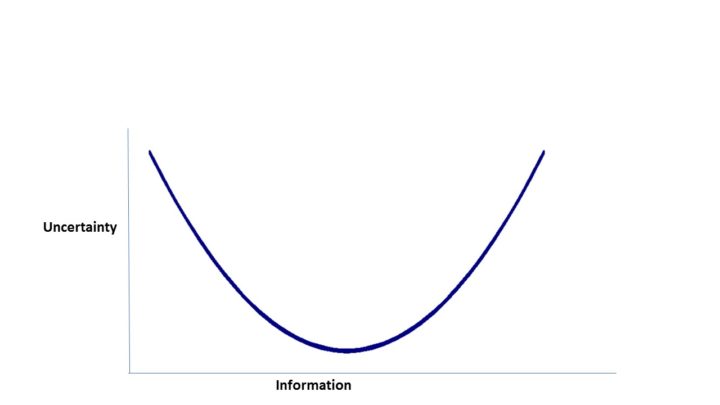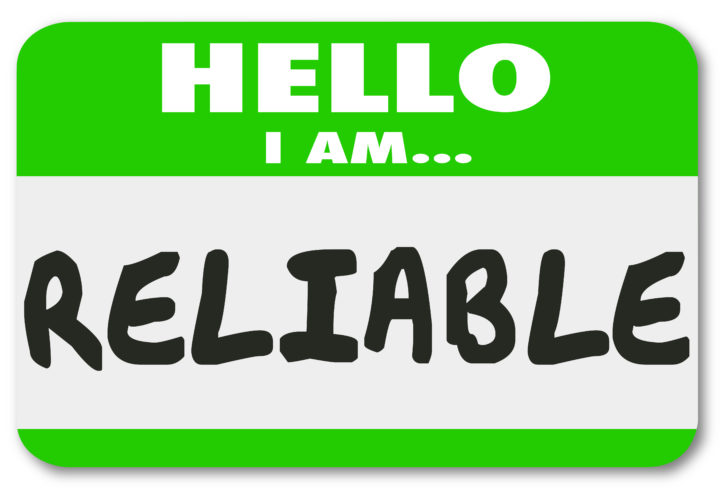For a prince, is it better to be loved or feared? That was the question that Machiavelli asked, and his answer (although much more nuanced about it than generally thought) came down mostly on the side of fear. His prescription for power depended heavily on force and craftiness.
Five hundred years later, the debate still goes on, and it’s just as important as ever. For anyone striving to increase their influence and make a difference, whether within your own organization, for customers, or in the lives of those you care about, it’s a central question that dictates what you do and how you act toward others.
There’s another related question that is just as important: is power something you can grab, or is it given to you by others?
I just read The Power Paradox: How We Gain and Lose Influence, by Dacher Keltner, a professor of psychology at UC Berkeley. Keltner comes down firmly against the idea that power is about fear. He argues that the world has changed substantially since Machiavelli wrote. It’s less violent, organizations are less hierarchical and more egalitarian. He also stresses that “We gain power by acting in ways that improve the lives of other people in our social networks. Our power is granted to us by others.”
If you believe that Keltner is right, your approach revolves around what I call outside-in thinking: focusing on others and striving to find ways to improve their states and contribute to the greater good. You develop your capacity for taking the perspective of others; you give far more than you take; you enhance the power of others by respecting them and listening to them. And as you grow in power, you are aware of the many ways that enhanced power erodes the very attitudes and behaviors that helped to get you there: empathy, humility and self-control.
Read this book and practice its recommendations, and you will become more influential in whatever sphere you participate in—in effect, everyone around you will “give” you the power of influence over their sates.
Or not.
After I read Keltner’s book, I went to my bookshelf and dusted off my copy of Power: Why Some People Have It –and Others Don’t, by Jeffrey Pfeffer, which I reviewed in a previous blog post. Pfeffer argues that Machiavelli is alive and well in corporations today, and you would be naïve not to know this and apply its lessons. I don’t know if he and Keltner have ever debated the issue, but I suspect that if they did, Pfeffer would accuse Keltner of holding on to the “just-world hypothesis”, in which people believe that good people are rewarded and bad people are punished.
The harm of this belief, according to Pfeffer, is that it prevents you from learning real and practical lessons about what really works in the real world, and holds you back from a self-centered quest for personal power and influence. Follow his advice, and you will be able to grab power—because no one is just going to give it to you.
Actually Pfeffer agrees with Keltner that respecting others is a good path to power, but the others he refers to are people who are already in power and have the ability to help you. He also believes that empathy is a crucial skill for acquiring power, so you can figure out what to give them to gain their support.
It could be confusing to read both books, because each author cites impressive academic research to support their points. I believe that interpersonal relationships are complex enough that it is easy to find proof for almost anything you want to look for. Maybe there is some confirmation bias at work in both books, or maybe it’s the nature of these sort of books, which force the author to take a stand for one point of view or the other.
Simply because human nature is so complex, I believe that both hold valuable lessons for increasing your personal power and influence. It’s not either/or, it’s some elements of both approaches, and the relative weight of each is highly situational. It may depend on the culture of the organization where you work, the nature of the problem you are facing, and so many other factors. And don’t forget what Al Capone supposedly said: “You can get more with a kind word and a gun than with a kind word alone.”
It’s also in many ways a personal and an ethical choice. I know—we all know—people who are very “successful” in life despite what we consider to be shady characters and behaviors. For me, if that’s the price to pay for being powerful, I’d rather not be. On the other hand, if you have a larger worthwhile purpose in mind, doesn’t it make sense to pull out all the stops? LBJ was about as Machiavellian as any president we’ve had, and he used his power to push through his Great Society programs.
Do the ends justify the means? I don’t believe anyone can give you those answers. You have to decide for yourself—and live with the consequences.






